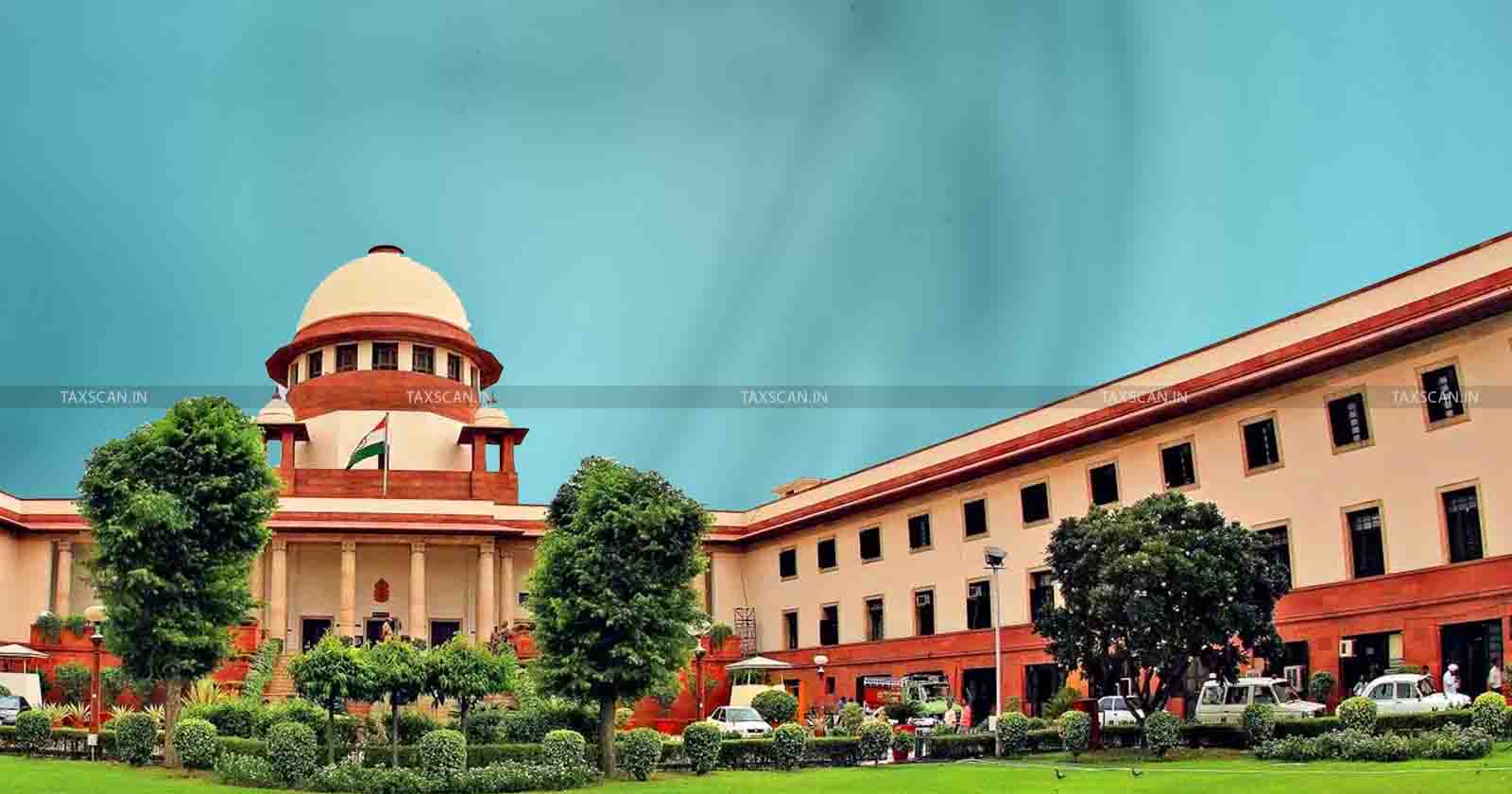Power of AA in Insolvency Proceedings limited to Verification of Default in Payment of Debt: Supreme Court [Read Judgement]

Power of AA in Insolvency Proceedings limited – Power of AA – Insolvency Proceedings limited – Verification – Payment of Debt – Payment – Debt – Supreme Court – taxscan
Power of AA in Insolvency Proceedings limited – Power of AA – Insolvency Proceedings limited – Verification – Payment of Debt – Payment – Debt – Supreme Court – taxscan
In a recent ruling, a two-judge bench of Justice Abhay S. Oka and Justice Rajesh Bindal of the Supreme Court of India observed that the Adjudicating Authority is empowered only to verify the occurence of default in payment of debt.
The Respondent-Bank filed an application under Section 7 of the Insolvency and Bankruptcy Code, 2016 (IB Code) before the National Company Law Tribunal (NCLT) against a Corporate Debtor (CD) M/s Kranthi Edifice Pvt. Ltd. The present appellant claimed to be a suspended Director of the Corporate Debtor.
A Secured Overdraft Facility of Rs. 12 crores was granted by the Syndicate Bank, apart from sanctioning the Bank Guarantee limit of Rs. 110 crores. Thus, the facilities granted by the Syndicate Bank to the Corporate Debtor were fundbased (Overdraft Facility) and non fund based (Bank Guarantees).
In the application under Section 7 of the IB Code, the Syndicate Bank stated that as on 30th November 2019, the liability of the corporate debtor under the Secured Overdraft Facility was Rs. 74,52,87,564.93/-. The liability of the Corporate Debtor towards outstanding Bank Guarantees was Rs.19,16,20,100/-.
The counsel of the petitioner asserted that even assuming that the existence of financial debt and default on the part of the Corporate Debtor was established, the National Company Law Tribunal was not under an obligation to admit the application under Section 7 of Insolvency Bankruptcy Code.
Further, for good reasons, the National Company Law Tribunal could have refused to admit the application under Section 7 of the Insolvency Bankruptcy Code, he added.
Conversely, the counsel appeared on behalf of the respondent-bank submitted that once the National Company Law Tribunal is satisfied that there is a financial debt and a default has occurred, it is bound to admit an application under Section 7 Insolvency Bankruptcy Code.
The bench noted the application of Section 7 of the Insolvency Bankruptcy Code, citing the ruling in the case Innoventive Industries Limited v. ICICI Bank and Another, and stating that the application must be admitted as soon as the adjudicating authority is satisfied that a default has occurred, unless it is incomplete, in which case it may give the applicant notice to correct the defect within 7 days of receipt of a notice from the adjudicating authority.
The Supreme Court further noted that a two-judge bench of this Court had explained the scope of Section 7 of the Insolvency and Bankruptcy Code and held that the adjudicating authority only had to decide whether a "default" had occurred, that is, whether the "debt" was due and had not been paid. Unless the application is incomplete, the adjudicating body must admit the application if it believes a "default" has occurred.
Even if the National Company Law Tribunal (NCLT) had the authority to deny admission of the application under Section 7 of the Insolvency Bankruptcy Code if there were good reasons to do so, the bench took into consideration the counsel of the petitioner's argument and determined that, given the circumstances of the case, the appellant's conduct rendered such good reasons were redundant. And the bench dismissed the appeal.
Consequent to the judgment, the Insolvency and Bankruptcy Board of India (IBBI) has released notes on the findings of the Supreme Court of India clarifying the role of the Adjudicating Authority.
The IBBI note warned that, “Prepared by Legal Affairs Division for the sole purpose of creating awareness and must not be used as a guide for taking or recommending any action or decision, commercial or otherwise. One must do its own research or read the original text of the judgment or seek professional advice, if it intends to take any action or decision using the material covered here.”
To Read the full text of the Order CLICK HERE
Support our journalism by subscribing to Taxscan premium. Follow us on Telegram for quick updates


